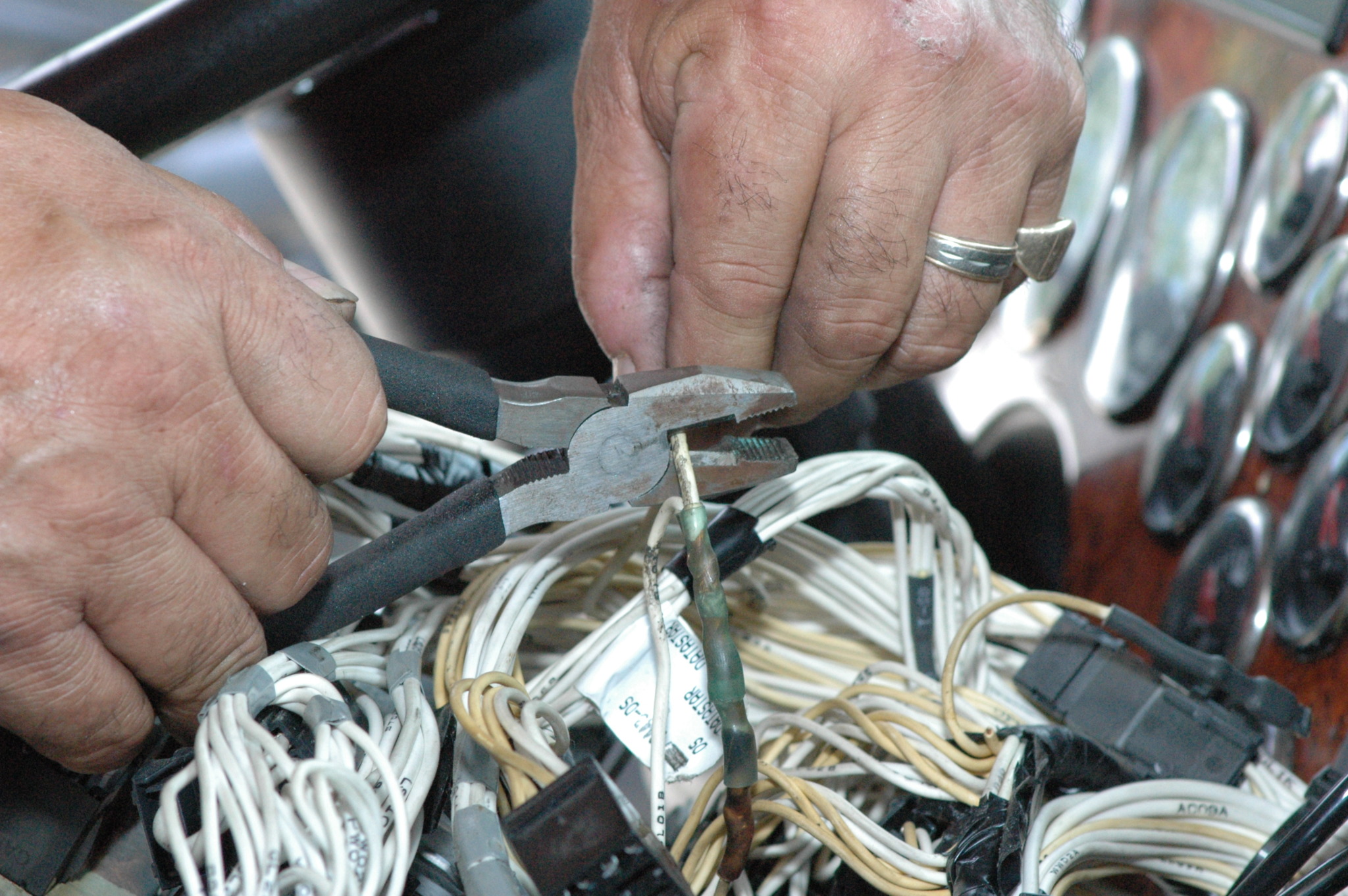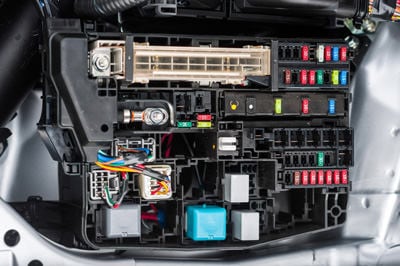Maintain adherence with dependable regulatory compliance assistance in all sectors.
Wiki Article
Top Tips for Effective Electric System Troubleshooting
Fixing electric systems needs a systematic technique, based in a comprehensive understanding of electric concepts and safety protocols. The nuances of effective troubleshooting extend beyond mere technical expertise; understanding how to record searchings for and focus on security can significantly affect end results.Understand the Basics
Understanding the essentials of electrical systems is vital for effective troubleshooting, as a solid structure enables technicians to detect and fix issues more successfully. A thorough grasp of electric principles, such as voltage, existing, resistance, and power, is important in determining the root creates of problems. Voltage is the electric possible difference that drives existing with a circuit, while resistance opposes the flow of current, influencing the general capability of the system.Knowledge with circuit components, consisting of resistors, capacitors, diodes, and switches over, is also extremely important. Each component plays a distinct function in circuit behavior and can impact efficiency when malfunctioning. Additionally, comprehending collection and identical circuit arrangements is crucial, as these setups influence the distribution of voltage and existing within the system.
Professionals must be conscious of prospective dangers, such as shock and short circuits, to execute risk-free troubleshooting methods. By mastering these foundational concepts, specialists improve their capacity to perform efficient diagnostics and repair services, eventually leading to improved efficiency and integrity of electric systems (electrical system troubleshooting).
Gather Necessary Tools
Effective troubleshooting of electric systems requires the appropriate set of devices to detect and deal with concerns precisely. Important devices include a multimeter, which measures voltage, existing, and resistance, enabling for precise evaluations of electrical parts.Additionally, insulated hand devices such as screwdrivers, pliers, and cable pole dancers are important for safely manipulating electrical links. It is also a good idea to have a circuit tester on hand to validate the presence of voltage in outlets and cables. For more facility systems, a thermal imaging video camera can aid detect overheating elements, indicating prospective failings.

Comply With a Methodical Technique
Having collected the ideal devices, the following step in troubleshooting electric systems is to adhere to an organized strategy. A systematic approach makes certain that professionals can recognize faults efficiently and properly, lessening downtime and stopping unnecessary repair work.Begin by reviewing the system's schematic layouts and specs. This involves monitoring each component systematically, starting from the power resource and functioning towards the lots.
Use testing devices, such as multimeters and oscilloscopes, to gather objective data regarding voltage, current, and resistance at different points within the system. This empirical proof will guide your troubleshooting initiatives and assist to verify or eliminate possible reasons for failing.
Furthermore, consider environmental elements that might affect the system's performance, such as temperature variations or moisture access. An extensive examination of wiring, links, and components will certainly ensure that all possibilities are represented.
Record Your Findings
Comprehensive paperwork is crucial in the troubleshooting process of electrical systems. This method not just help in recognizing the root reason of the trouble but likewise serves as a recommendation for future fixing initiatives.
Furthermore, maintaining a log of components changed or repair services carried out is important. This information sustains stock administration and can help assess the long life and dependability of details elements.
Ultimately, the documentation procedure must be extensive yet succinct, making it possible for easy access and evaluation - electrical system troubleshooting. By focusing on thorough paperwork, specialists can create a beneficial data base that not just aids in current troubleshooting yet also encourages future maintenance efforts, therefore enhancing overall system integrity

Prioritize Safety And Security Measures
Identifying the integral threats related to electrical systems is critical for making sure safety throughout troubleshooting. Electrical shock, burns, and tools damage are just a few of the prospective hazards that technicians deal with. Focusing on safety and security actions is not just a legal obligation but likewise a moral crucial that safeguards both the technician and the surrounding atmosphere.Prior to starting any type of troubleshooting job, specialists must wear appropriate personal protective devices (PPE), including shielded gloves, security glasses, and flame-resistant clothes. Guaranteeing that the workspace technical support for electrical industry is completely dry and devoid of clutter can considerably minimize the threat of crashes. It is important to de-energize circuits prior to starting any kind of work, verifying that they are not live via the usage of a multimeter or voltage tester.
Establishing clear communication protocols with group members is also vital; this guarantees that everyone is aware of potential hazards and the status of the electric system being worked with. Last but not least, having an emergency response plan in location can show vital in case of an incident. By focusing on security steps, specialists can efficiently mitigate dangers and cultivate a much safer workplace.
Final Thought
Efficient electrical system repairing counts on an extensive understanding of fundamental concepts and a systematic method. By collecting important devices, adhering to systematic analysis methods, and meticulously recording findings, the troubleshooting process comes to be much more efficient and trustworthy. Prioritizing safety and security procedures makes sure the well-being of people included and the integrity of the electric system. Carrying out these techniques will certainly boost the fixing experience, resulting in quicker resolutions and enhanced operational performance in electric systems.Report this wiki page